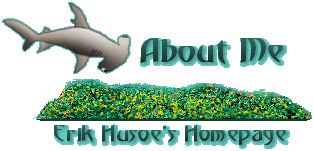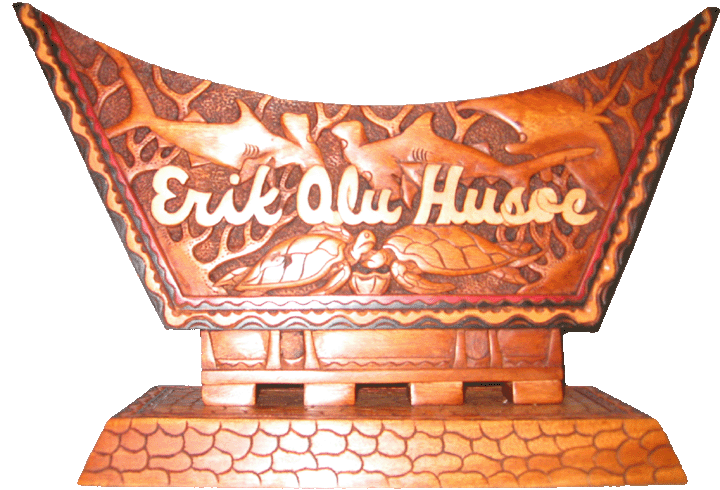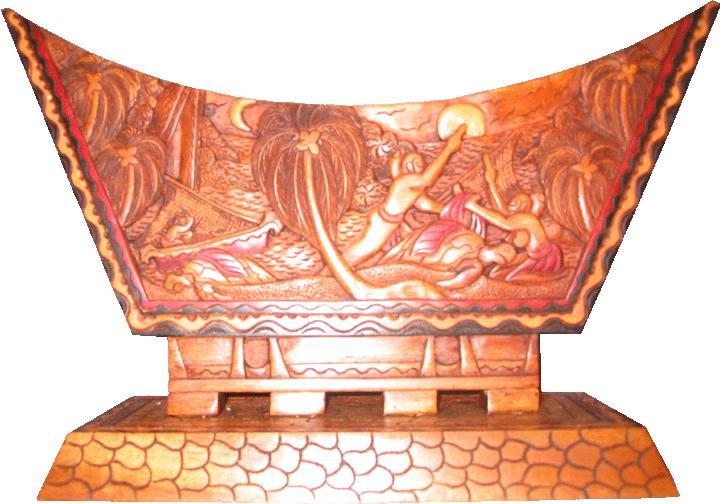|
During
the summer of 1992, I was bodysurfing in the Huntington Beach area when
I suffered a devastating injury: I crashed head first, into a sandbar
on the shore and shattered part of the vertebrae in my neck. This accident
left me a somewhat quadriplegic, unable to work. Initially, I felt very
helpless. My doctors believed that I would battle paralysis my whole
life. During this time, I was forced to re-evaluate my life and come
to terms with my situation. I began to look back at my life at everything
I had experienced. I remembered being involved with the Boy Scouts (Eagle
Scout, 1981) as a youth and how that was an important part of my life,
way back when. I remember backpacking with my dad in the Sierra Nevada
Mountains, and being shocked at how careless many people were with our
environment. I thought about these moments in my past, and became motivated
by them. Going back to work at my old job was not possible with my injury.
Some serious life decisions were before me. I
decided to enroll at California State University, Long Beach, where
I studied Marine Biology. By this time, a lot of physical therapy (and
stubbornness) was slowly, but surely, leading me to a higher level of
recovery. I have found that school has been a very therapeutic endeavor
that has helped me through some emotionally and physically rough times.
The California Department of Rehabilitation paid for all college expenses
incurred during my undergraduate studies. I even became a certified
scuba diver. This new outlook on life felt good.
Robert Service, 1907
However
mean your life is, meet it and live it; do not shun it and call it hard
names. Peace Corps Los Angeles Reception |
||




